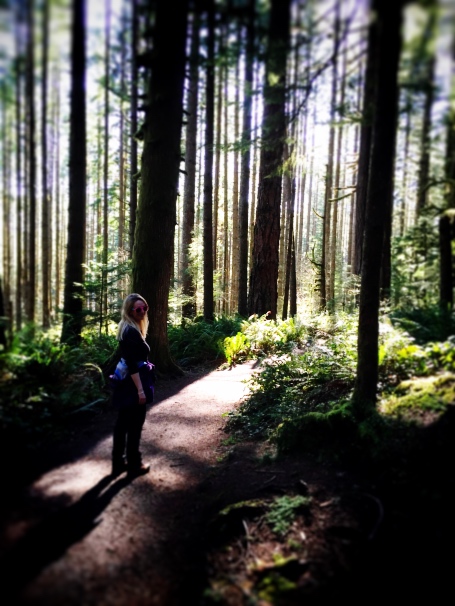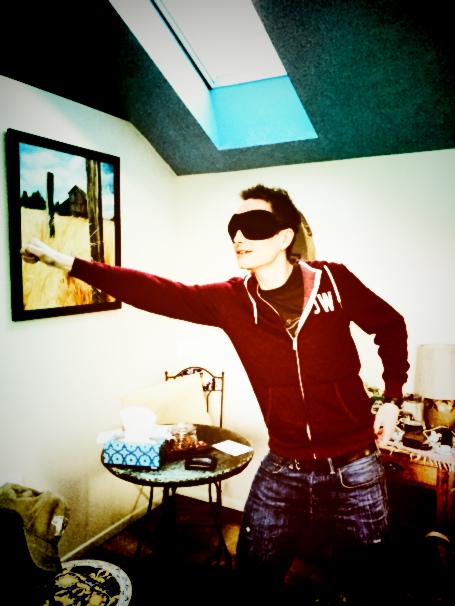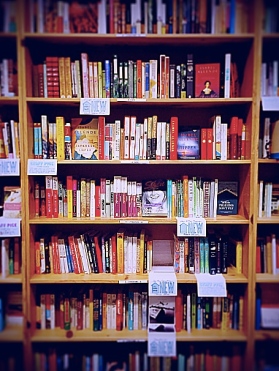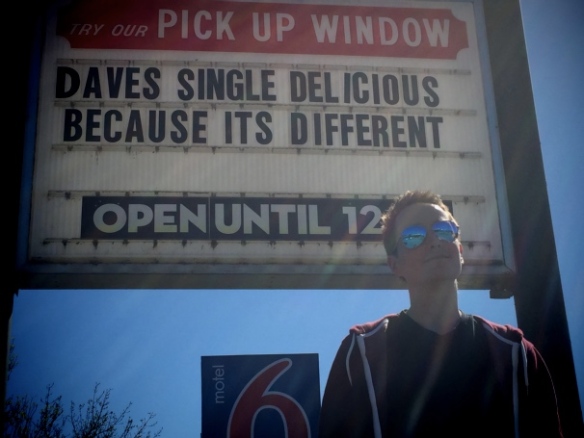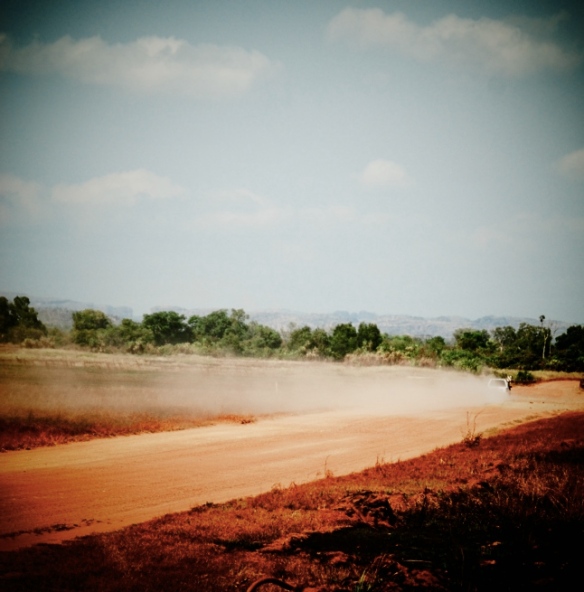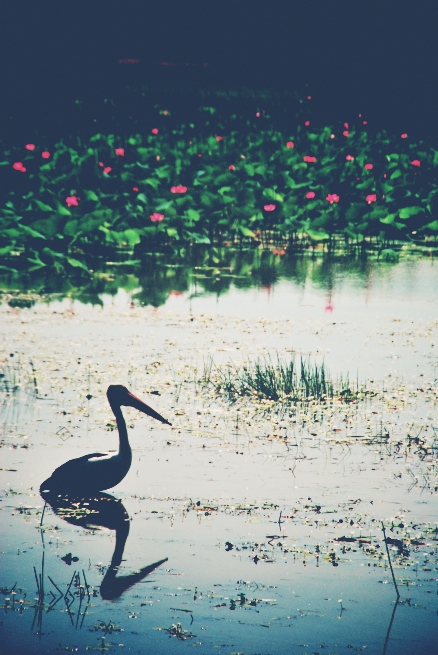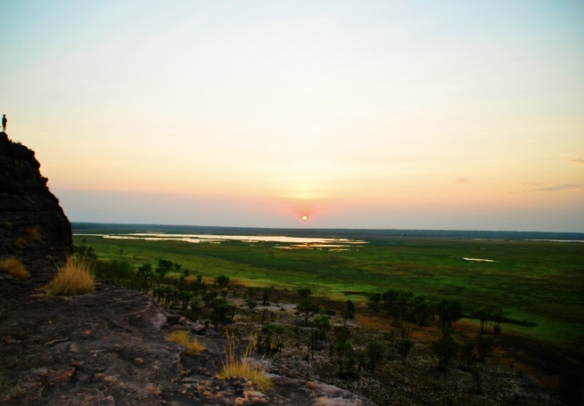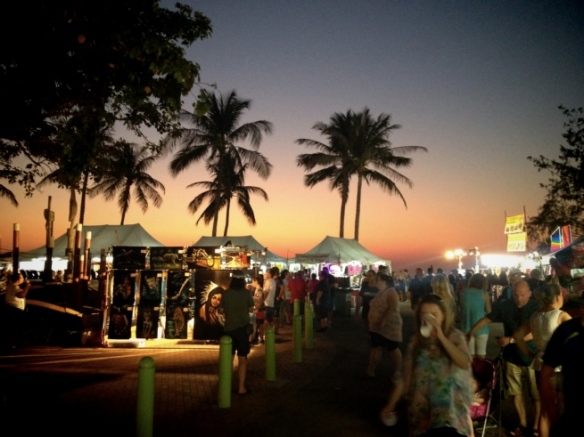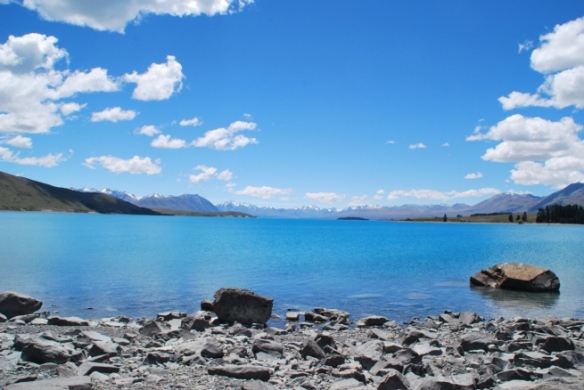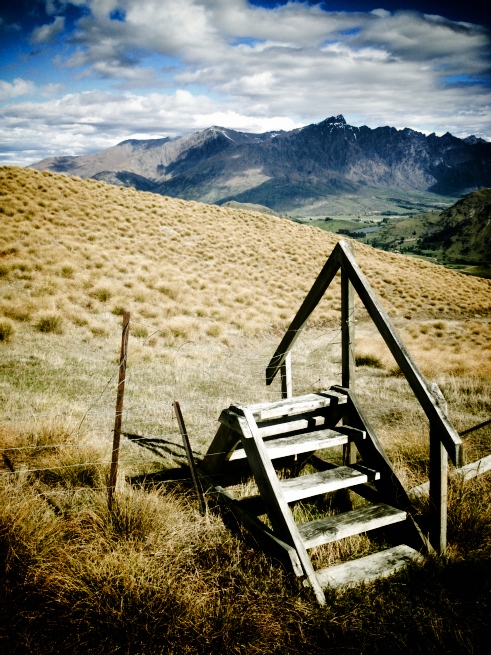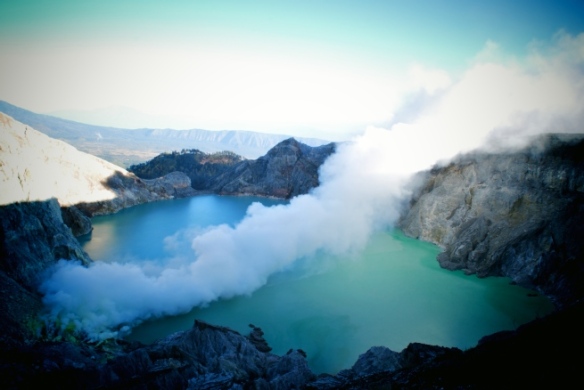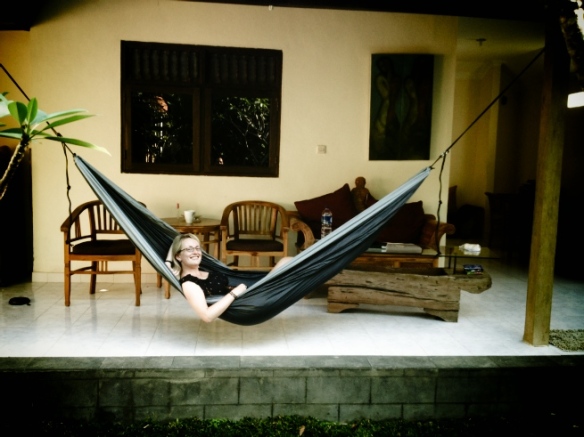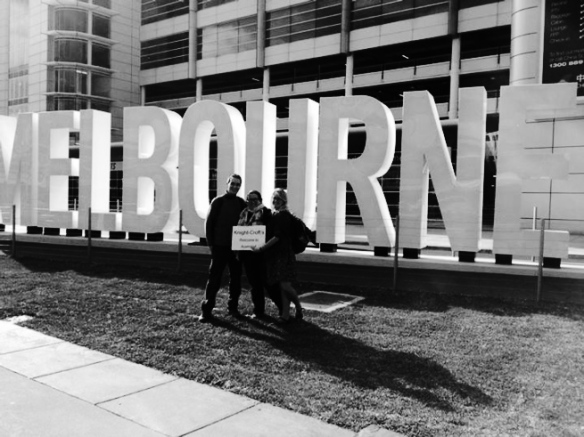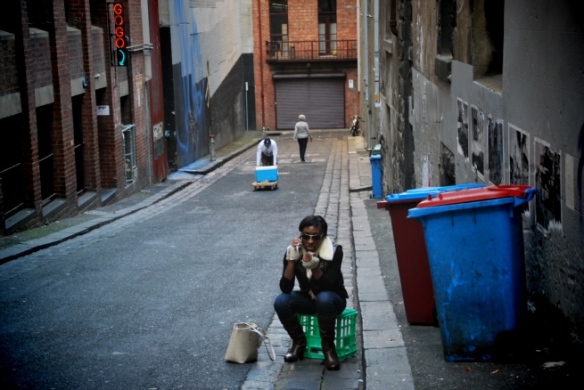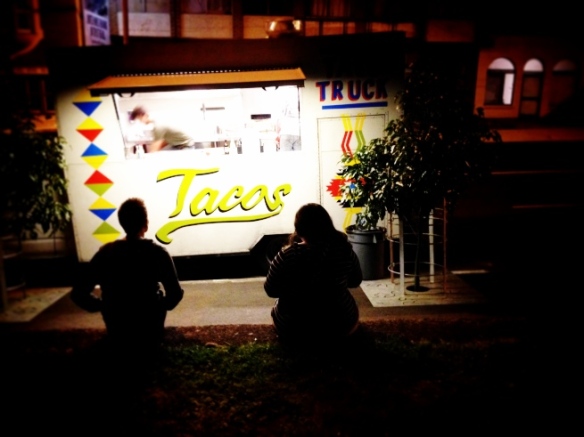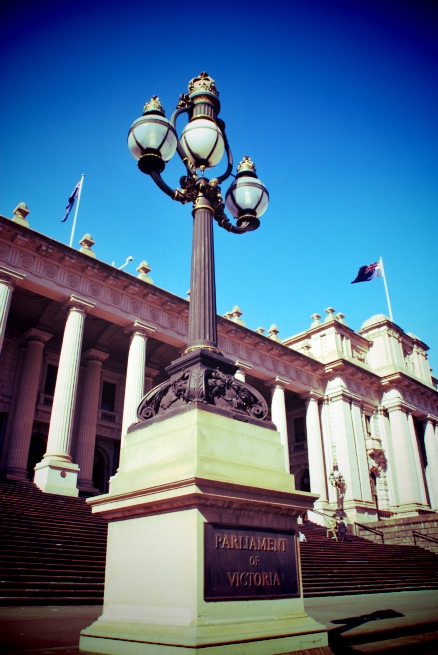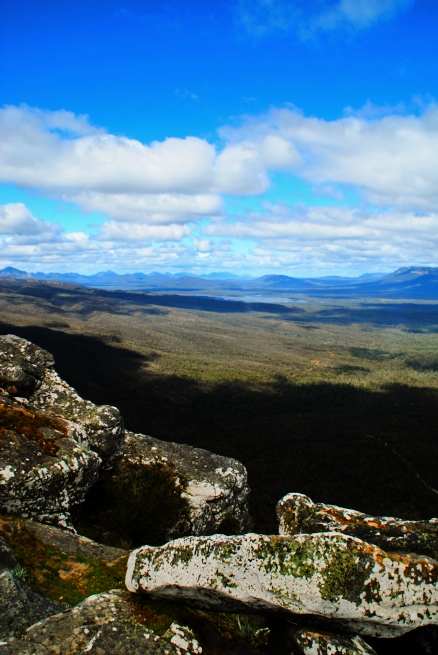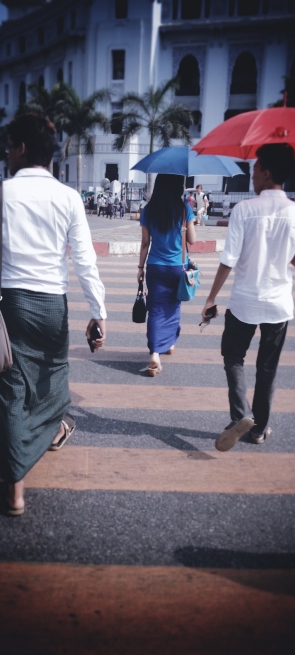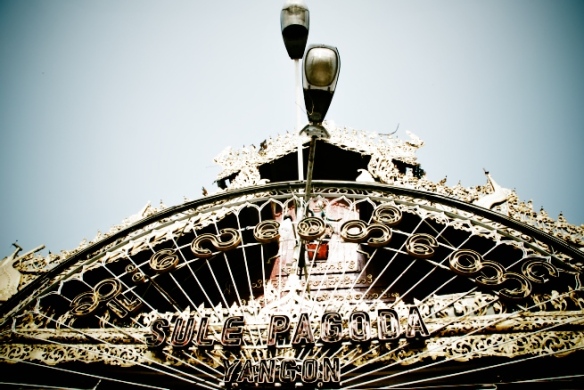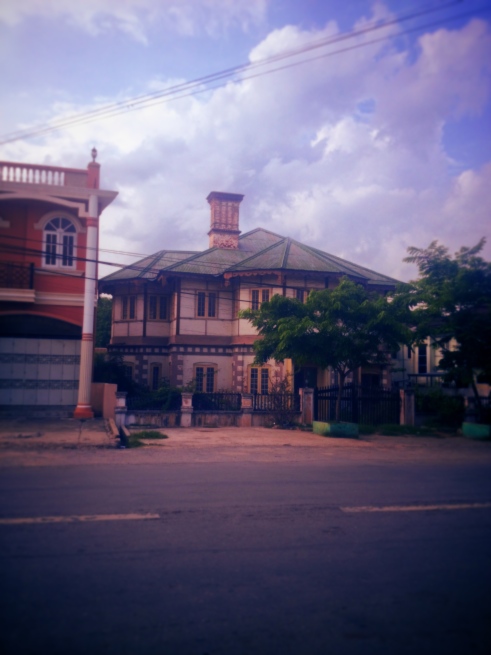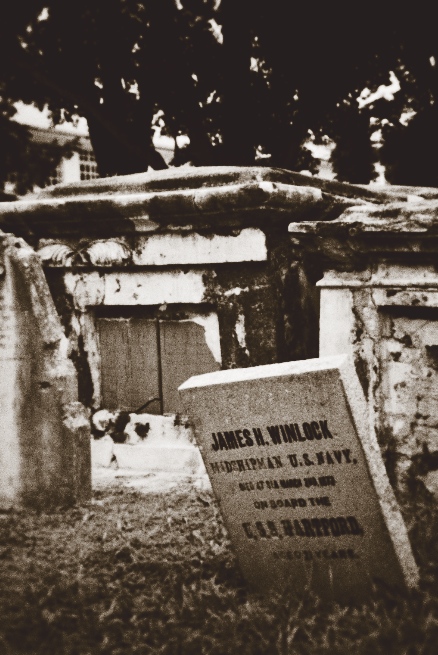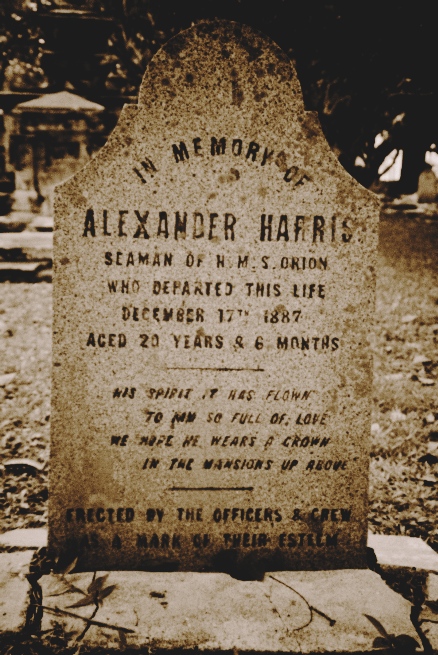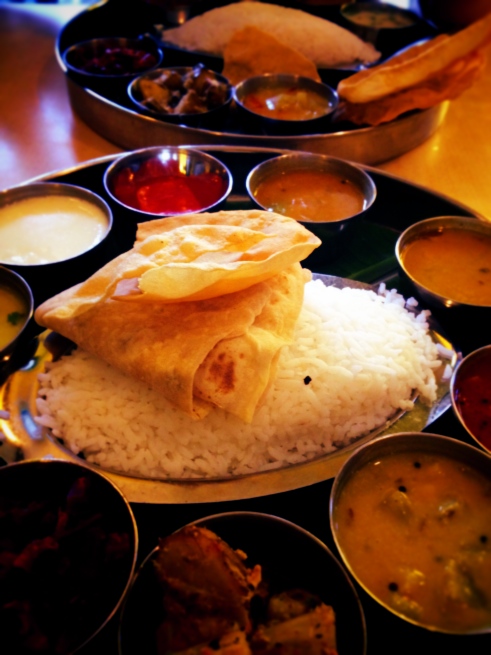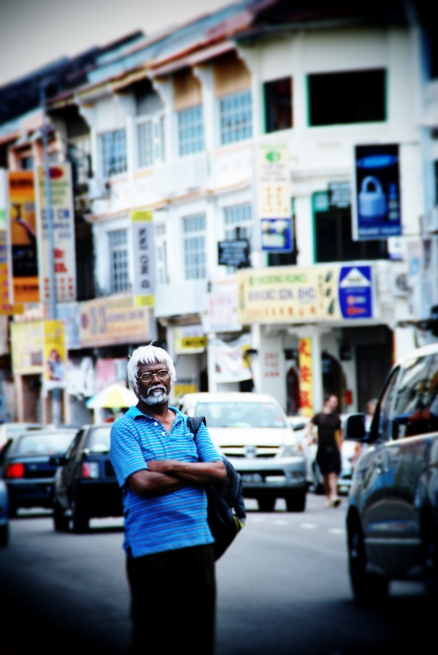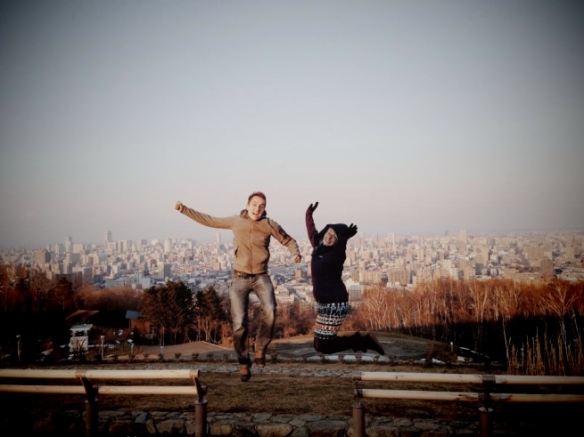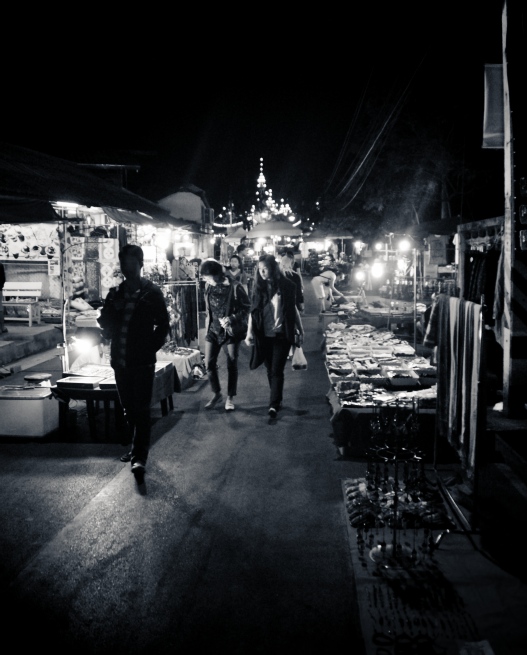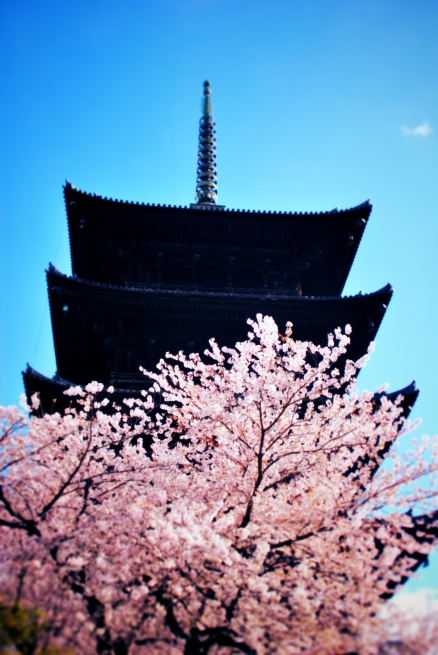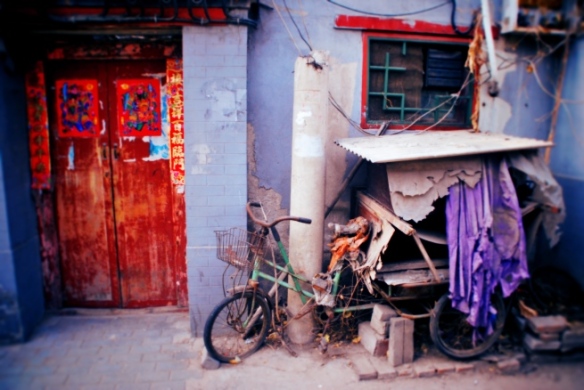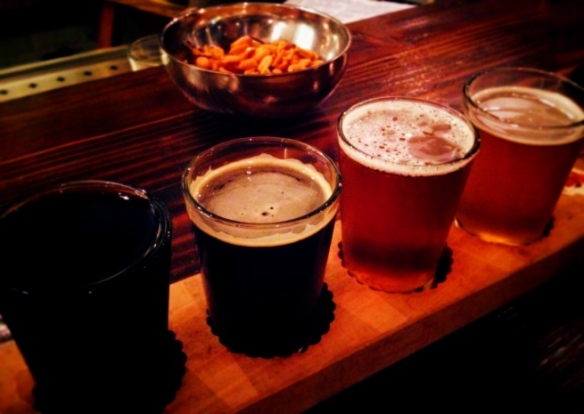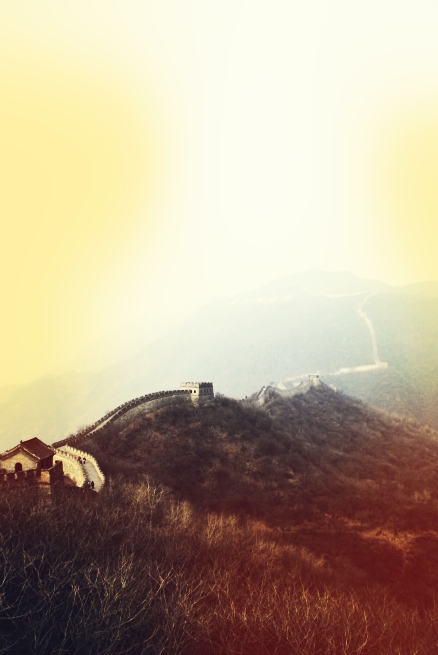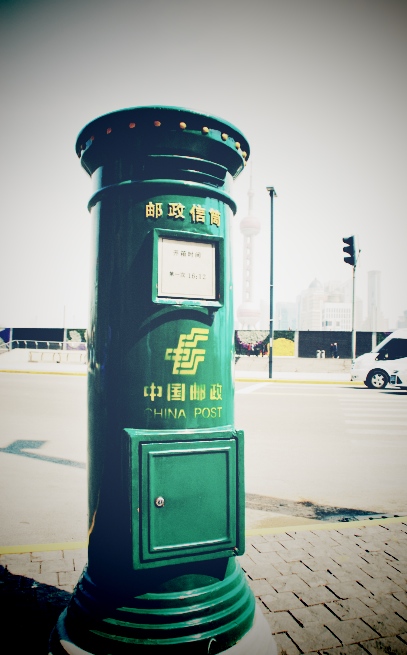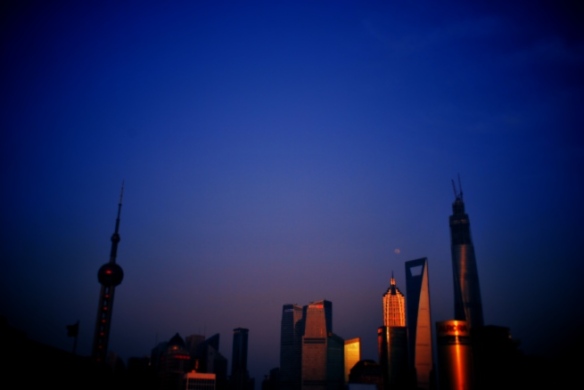I am in love with Northern California. Have been ever since I went there on honeymoon. On this trip we were only one night in the state, just a dozen miles or so across the border from Oregon, in Crescent City. But it was far enough south for what mattered: the Redwoods.

We hiked a trail in Jedediah Smith Redwood State Forest. I’ve seen Redwoods before, but they always make me catch my breath. They’re my favourite tree (I can’t believe that you don’t have a favourite tree). Trees as wide as buses towered into the canopy above. We saw others on the trail, but for the most part we were alone. At one point we stopped, and BKC whispered to me: “I’ve never heard such silence.” The forest seemed to soak up sound. For a while we couldn’t even hear birdcalls; there was just the overbearing presence of trees, looming upwards as they did yesterday, they will tomorrow, and they will long after I’m dead. That stillness, when we just stopped and listened – I tried to fold it away inside myself.


Edge of the Pacific
The Oregon coast. Famed, apparently, in the US for its wild beauty. In the UK its reputation is unfairly overshadowed by California – to my mind the coast just stopped at the state border, like when segments of google maps are slow to load and you just have blocks of grey. But no. It is wild, remote and rugged, and in a few places teeming with tourists. Yet in the five days that we spent hopping north from California on the 101 we didn’t encounter any other Europeans.
We visited and stayed in a succession of small towns – Brookings, Port Orford, Bandon, Yachats – stopping off inbetween at beaches and overlooks. On a beach whose name I don’t remember someone had built a driftwood fort, still standing despite the wind whipping in off the Pacific. We were the only people there. We poked around in rock pools and watched the waves crash against volcanic rocks. I picked up a smooth, black stone speckled with green crystals that I took home and later kept on my desk at work as a reminder that deadlines and emails aren’t everything.
Perhaps it was because I was jaded from spending too long behind the wheel, but I was disappointed by the Oregon Dunes. It’s allegedly the place that inspired Frank Herbert to pen the novel Dune. I’ll let you into a secret: it’s just a lot of sand.

Hint: the best thing about this is running down the dune really quickly. The worst thing is then having to walk back up the Giant Hill of Sand.
In the small town of Yachats (pronounced ya-hots) we indulged ourselves by spending two nights rather than our usual hurried one. It was a relief to have a day off driving; I spent the day reading and writing, whilst BKC tried to soak up some of the weak spring sunshine. In the evening I spent a long time on the beach, watching the churning waves crash against the rocks.

Eventually we made our way to Astoria, at the northernmost end of the Oregon coast. On our journey north we had acquired: one damascus steel penknife; a vintage (read “in bad condition”) US flag; a cardboard NRA-approved shooting target; several interestingly shaped rocks; an old road map of California; two mugs, one featuring pelicans, the other pigs; a 1950s dress; and one pound of beef jerky. I should note that we did legitimately purchase these (except the rocks), we weren’t on some kind of small-time crime spree targeting only junk stores.
Astoria sits at the mouth of the Colombia River, the same river that we had earlier in our journey, further east, witnessed so many waterfalls joining. It is a wide, great volume of water that flows so strongly into the Pacific that the first European explorers to discover it could not land nearby due to the strong currents. Huge shipping vessels now moor there.
But let me tell you a story.
In 1824, in what is now Astoria, a son was born to a Hudson Bay Company trader and a local Chinook chief’s daughter. They named him Ranald MacDonald, and as he grew up and sought a profession he faced discrimination for his mixed race, struggling to progress as a bank clerk. He was restless, and became interested in Japan – possibly through the tale of three Japanese fisherman who had drifted across the Pacific and been shipwrecked nearby. At the time Japan was little known and closed off to all foreigners.
Ranald quit his job and signed on as a sailor on a whaling vessel. After three years onboard, he convinced the captain to set him adrift off the coast of Hokkaido in a small boat, which he deliberately shipwrecked. He was rescued by the indigenous Ainu people, who turned him over to the authorities.
He was imprisoned in Nagasaki, where he learnt Japanese and became the first teacher of English in Japan. After ten months in Japan he was handed over to a US warship, and once home made a statement to the US congress about Japan and its society. Ranald’s students in Japan later became instrumental to the negotiating of the trade deal with the US that opened the country up to foreigners.
Ranald MacDonald was a man with a foot in different worlds, at the edges of things. And Astoria, at the northernmost tip of the Oregon coast with the Pacific stretching out to the west, does feel like its on the edge of something – ocean, continent, culture, state line. Ranald’s forebears had travelled to the new world, headed west and hit the ocean, but he carried on travelling west, and there’s something about that story of new and old cultures, promise and failure that seems for me to embody the Pacific Northwest. It’s one of my favourite stories that I collected on this journey.
Not Just The Sound of Rain
The next day we crossed the bridge into Washington, hulking tankers slipping by beneath us, and hit a wall of rain. We had entered the Olympic Peninsular, a wild, sparsely populated area of land cut off from the rest of the state by water on three sides, and home to a temperate rainforest.
During our second day on the Peninsular, we were walking around one of the more popular trails in the Hoh Rainforest. Our walk was dogged by three loud kids with their grandmother, being loud in a way that only Americans can. When we sped up, so did they; when we slowed down, they did the same. We couldn’t seem to get rid of them. “But I just want to enjoy nature in silence,” I fumed to BKC, demonstrating exactly the kind patience I’m sure I’ll be called upon to exhibit if we ever have kids of our own. I tutted under my breath in a very British (and uncharitable) way, then smiled at the family as they walked past. Frankly my reserves of patience had been brought to their limit by our unfailingly enthusiastic waitress the night before, who at one point actually gave us a double thumbs up (“I’d be more than happy to get that drink for you.”). Was she taking the piss? I asked BKC. She thought no – our waitress was just naturally infuriatingly cheerful.
So these kids the next day pushed me over the edge. “We’re going a different way!” I declared, and took us down the overnight hiking trail.
Immediately the people-noises fell away, and we were left with just bird song and the sound of the rain. The path was bedecked with moss a thousand shades of green, and we cut off the main path to reach the nearby riverbank. There we could look out across a wide, rocky, flood plain at a misty bank opposite. Pine trees snagged holes in the clouds. There was the sound of running water. It was completely tranquil.
Or at least it was until I sat down and screamed like a girl, because I’d sat on a thorn bush.

That’s a Hoh lotta moss…
That night we stayed in La Push, a tiny town at the north west of the Peninsular, known principally for being where the Twilight novels are set. It’s a Native American reservation, and signs on its beach warn visitors not take anything away with them as the place is sacred to the local peoples.

We stayed in a hotel just next to the beach, and we were able to climb over the accumulated drift wood to walk down to the sea and watch the whales gathered just offshore. We saw both Grey Whales and Orcas – mainly as fins and spouts popping up from the water now and again. It felt very special and very far away from anywhere. That night I lay in bed for a long time listening to just the hum of the motel fridge and the crashing of the waves.

We were nearing the end of our journey. But for our final slice of the wild, we stayed at a little AirBnB place near Elwha River, on the northern side of the peninsular. It was a rambling looking house on several acres of land, with a horse paddock and chicken coops. As we were talking to the owner a bald eagle drifted above overhead, and all the chickens ran for cover. “The rooster’s a mean old bird,” she told us, “but he keeps the chickens safe from the Eagles, so we keep him. I’d stay away from him, though.” Then she added, as an afterthought: “and don’t touch the electric fence. It’s so hot it’ll make you pee your pants.”

We were just a short drive from another entrance to the Olympic National Park that took in the Elwha River. When we got there, however, the roads were closed because the river had flooded recently. So we parked up and set off on foot instead, walking down the middle of the road. Mountains poked up above the trees, and debris from the flooding was strewed along the tarmac. The campsites that we came across were all trashed, the water having left silt and fallen trees everywhere it’d been. It felt like the end of the world.

The next day we were sad to be heading back towards civilisation. It was a bright, cloudless day with temperatures pushing up towards a place where short wearing becomes legitimate. So to cap our journey, we drove up the very long and winding mountain road to Hurricane Ridge, where we could look out across the miles to see the mountains of British Colombia.
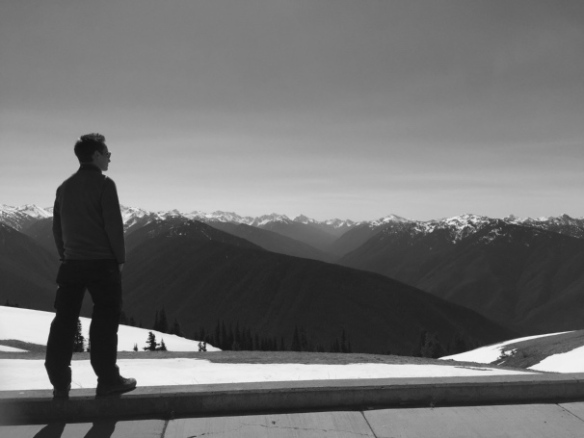

Not shorts wearing weather here…
In the car park, a JCB with chains on its wheels was clearing the snow, pushing it up into huge, twice-person-size drifts. There was a restaurant, but the season hadn’t really started yet and it was closed. All there was to do was sink up to our knees in snow and take in the view.
Soon all this snow would be gone, melted and run off into waterfalls and rivers, before travelling out to sea, perhaps some finding its way out through the mouth of the Colombia River, where we’d been earlier in our trip.
It filled me, strangely, with hope.

***










